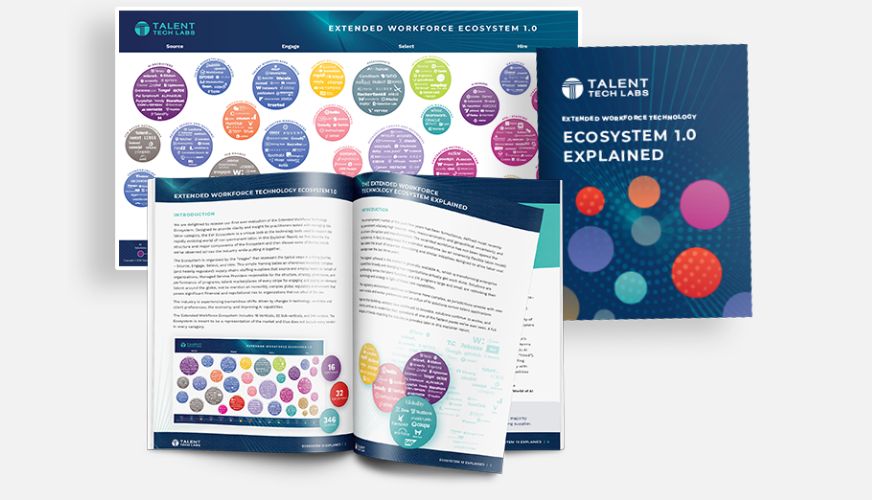Foundation for Success
Impact At a Glance
20+
countries supported in innovative RPO partnership
More than 70%
of our shortlisted candidates advanced to the interview stage
~20%
reduction in time to hire with anticipated demand methodology
Meeting Missions: Establishing a Base for a Smooth Talent Acquisition Experience
For many organisations, their entrée into partnering with a workforce solutions provider like Allegis Global Solutions (AGS) is not to find generalised talent – it is often when they require help in attracting people with very specific skills in highly competitive markets. Our beauty industry client faced this issue when looking for digital marketing professionals in Europe.
The client – a multinational personal care enterprise – was struggling to attract the right talent and backfill roles, which was impacting the company’s ability to launch and support multiple brands in several markets around the world.
With a complex employer footprint – comprising nearly 80 brand names and over 20 countries – the client needed a global recruitment process outsourcing (RPO) partner to evolve the way the company attracts and engages talent.
Taking Action: Highlighting Skills, Diversity and Inclusion in Hiring Strategy
After an in-depth evaluation of the client’s current workforce, overall business goals and long-term talent needs, AGS proposed a talent acquisition makeover that features a skills-based hiring approach with an anticipated demand methodology. This skills-based and anticipated-demand strategy:
- Widens the talent pool, which allows recruiters to quickly deliver high-quality candidates.
- Expands opportunities to source diverse candidates to help achieve the client’s diversity, equity and inclusion (DEI) goals.
- Identifies candidates that fit the skills profiles determined by the client ahead of job openings.
- Sources talent all year long, so the client is always on the forefront to access new skills and workers with advanced, up-to-date knowledge in their specific field.
- Prepares shortlisted candidates to be quickly onboarded upon role opening.
- Supports effective resource planning efforts by helping the client to identify the right skill sets to target and secure commitment to interview and screen candidates ahead of role openings.
The skills-based hiring approach is powered by our tech stack, including Acumen® Intelligent Workforce Platform, which has a one-way integration with the client’s applicant tracking system (ATS) to deliver real-time recruitment statistics and bespoke programme dashboards. Through this integration, AGS can monitor and manage hundreds of thousands of candidates matched to the client’s skills profiles. Acumen also manages all of the shortlisted candidates to facilitate smooth, quick onboarding when a role opens.
By deploying this approach, we vastly reduce time-to-hire and ensure the client has a cache of viable, talented workers to maintain consistent productivity and make sure work gets done. As an additional benefit, we provided the client with a competitive analysis of their DEI impacts versus other companies in their industry. We worked closely with their regional DEI leaders to determine the needs of each country and/or region and developed a corresponding strategy to meet their unique goals.
Delivering Impact: Refreshing Hiring Practices for Long-Term Results
As a result of these innovative hiring approaches, the client benefits from much greater access to talent, with the added emphasis on engaging niche talent in a highly competitive market. By using skills profiles to hire against, we were able to increase candidate attraction as we started looking for people with the right skills and attitude not necessarily specific experience.
By moving to skills-based hiring and the anticipated demand model, we could engage a larger group of candidates from the niche digital marketing talent pool. This method improved the quality of the shortlisted candidates, with 70% of shortlisted candidates advancing to the interview stage following the adoption of this approach.
In addition, we have been able to accelerate the process of sourcing talent for the business, with an average time to shortlist decreased to below 10 days, which is a solid statistic in the tight market of digital marketing professionals in the UK.
Not only will anticipated demand forecasting and skills-based hiring put our client in a position to hire more rapidly, but these practices also support the company’s long-term goals for continuity, increased productivity and enhanced DEI workforce goals.


